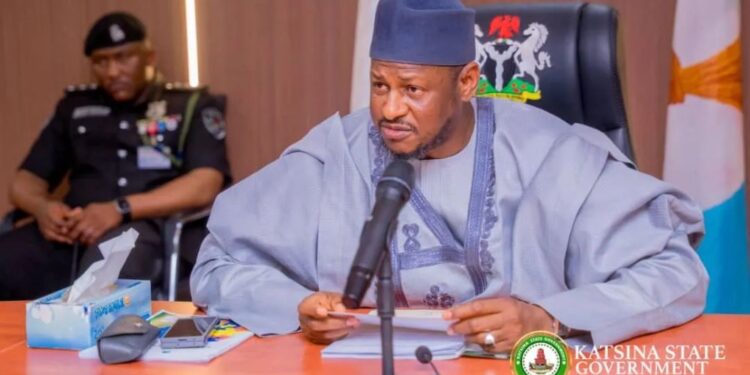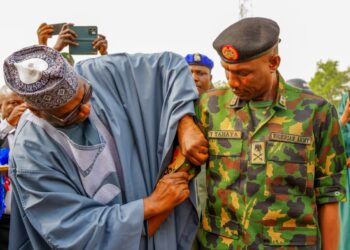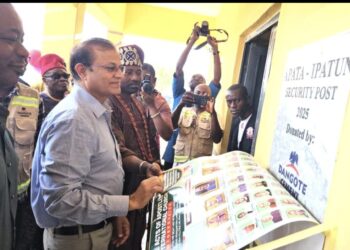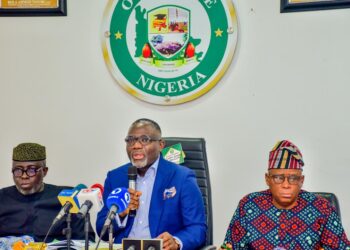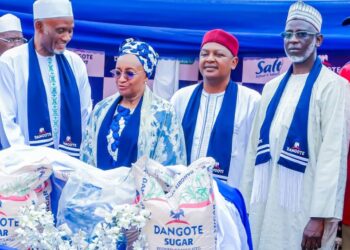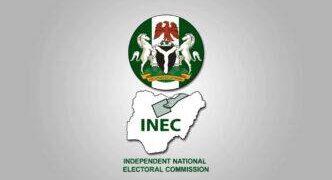Governor Dikko Radda of Katsina State has launched the €5.1 million European Union-funded Conflict Prevention, Crisis Response, and Resilience project to strengthen peace and stability in Katsina State.
The 18-month project, funded
by the European Union and implemented in partnership with the Centre for Democracy and Development and Mercy Corps.
The project, being implemented in eight LGAs in Katsina and two in Zamfara, builds on a previous initiative that benefited over 95,000 people.
Launching the initiative on Monday in Katsina, Radda described the project as a new era of hope, partnership, and collective action designed
to empower communities, particularly women, youth, and vulnerable groups.
“The conflict prevention, Crisis Response and Resilience Project is built on the successes of the Conflict Mitigation and Community Reconciliation project, also supported by the EU, and implemented by the IOM, Mercy Corps and CDD,” he said.
According to him, the initiative has helped resolve crises in several communities, facilitated the return of displaced persons, and strengthened inter-communal trust.
“Today, we are scaling up what worked, expanding geographical coverage, deepening impact, and socialising the best practices.
“We already have an existing relationship with UNDP, and it is funded by some European countries, especially the German government, and they are helping us to resolve the crisis,” Mr Radda explained.
He added that the state government has another partnership with France to build a one megawatt hydro power project at the Danja dam.
The governor stated that the CPCRR was designed to prevent violence before it occurs, heal trauma, and create conditions for sustainable peace and development.
He said that to ensure accountability, coordination, and sustainability, the Katsina government was taking the lead in the project and was proud to inaugurate the steering committee.
“Mandate of the committee includes overseeing implementation alignment with the state development plan, ensuring fund utilisation and transparency in procurement, facilitating inter-agency collaboration and information sharing.
“Engaging traditional and religious institutions as peace partners, and monitoring reports.
“We are not passive beneficiaries. We are active core creators of peace and development,” he said.
Source – NAN
(vitalnewsngr.com)


